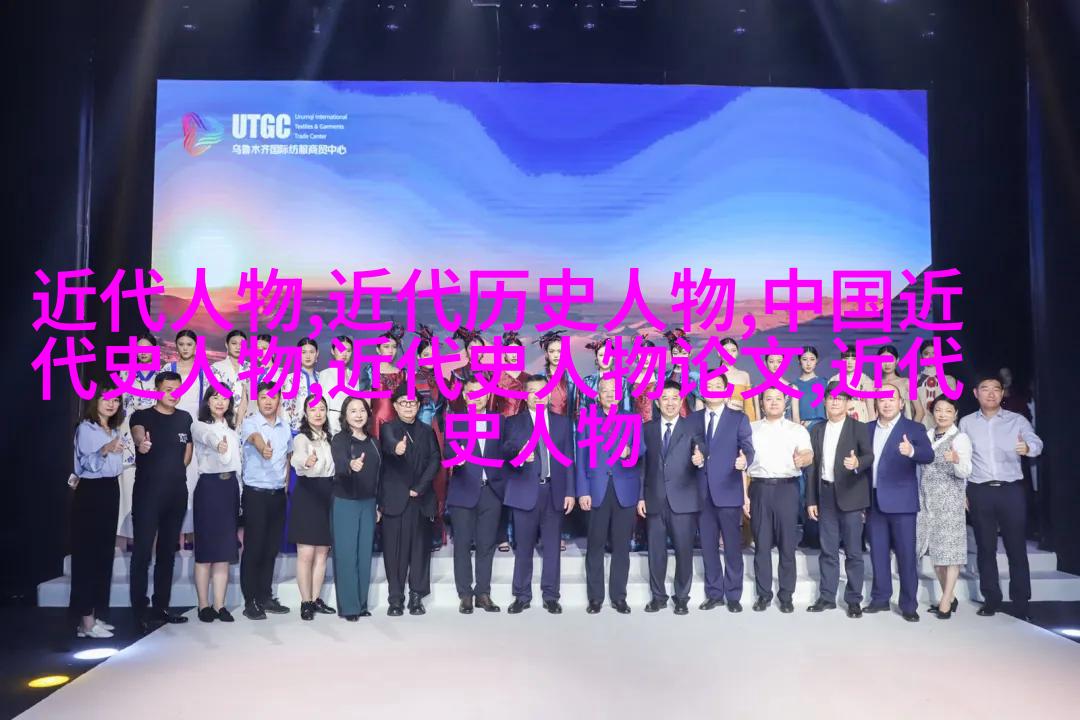古今中外唐朝诗人李白的英译世界
一、The Poetic Legacy of Tang Dynasty: A Glimpse into the Life and Works of Li Bai

In the vast expanse of Chinese literature, few names resonate as deeply as that of Li Bai, a towering figure from the Tang Dynasty. His poetic works continue to captivate readers with their profound wisdom and vivid imagery. This essay aims to delve into the life and poetry of Li Bai, exploring his contributions to Chinese literature and his lasting impact on world culture.
二、Unraveling the Mystique Surrounding China's Greatest Poet

Li Bai was born in 701 AD in Sichuan Province during a time when China was experiencing unprecedented prosperity under Emperor Xuanzong's rule. His early life was marked by hardship and struggle, which may have contributed to his later introspective nature. Despite these challenges, he managed to secure an education at Chang'an (modern-day Xi'an), where he became acquainted with other prominent scholars.
三、A Masterful Command of Language: The Artistry Behind Li Bai's Poetry

Li Bai's poetic prowess is evident in his mastery over language itself. He employed a range of literary devices such as metaphorical comparisons, wordplay, and allusions that not only enriched his verse but also helped convey complex emotions with remarkable subtlety. For example, "Drinking Alone under the Moon" showcases Li Bai's unique ability to evoke feelings through simple yet evocative descriptions:
"I tip my cup until it weeps,

And drain it again till it sighs."
四、Exploring Themes Beyond National Borders: The Universality of Li Bai's Poetry

Beyond its national significance within China’s rich cultural heritage lies an even more profound aspect – universal themes transcending linguistic barriers that connect people across continents. From love stories like "To My Lady," where tender sentiments are conveyed through delicate strokes; or philosophical musings like "On Mount Tai," where thoughts on existence are intertwined with majestic landscapes; each piece demonstrates how human experiences can be shared beyond geographical boundaries.
五、Legacy Through Translation: Preserving Cultural Heritage for Future Generations
Translation has played an integral role in preserving both historical contextuality while allowing contemporary readers access to these timeless works across cultures. English translations have been instrumental in bridging this gap between Eastern thought and Western understanding—allowing global audiences a glimpse into what makes Chinese literature so cherished worldwide.
六、Conclusion: A Lasting Impact That Transcends Time And Space
As one delves deeper into the works penned by this extraordinary poet from ancient times—works imbued with spirituous passion for life—it becomes clear why generations have continued celebrating him long after his passing in 762 AD. His legacy extends far beyond any single nation or period; rather, it stands as testament to humanity’s enduring quest for meaning amid ever-changing tides throughout history—a testament that continues inspiring us today just as powerfully as ever before.
Through exploration not only within our own backyard but also outside its borders—the story unfolds about how one man could leave such indelible marks upon both our collective pasts while enriching future paths ahead—a tale worthy enough being etched forever onto memory pages across time zones around globe—so let us remember then say farewell once more...



